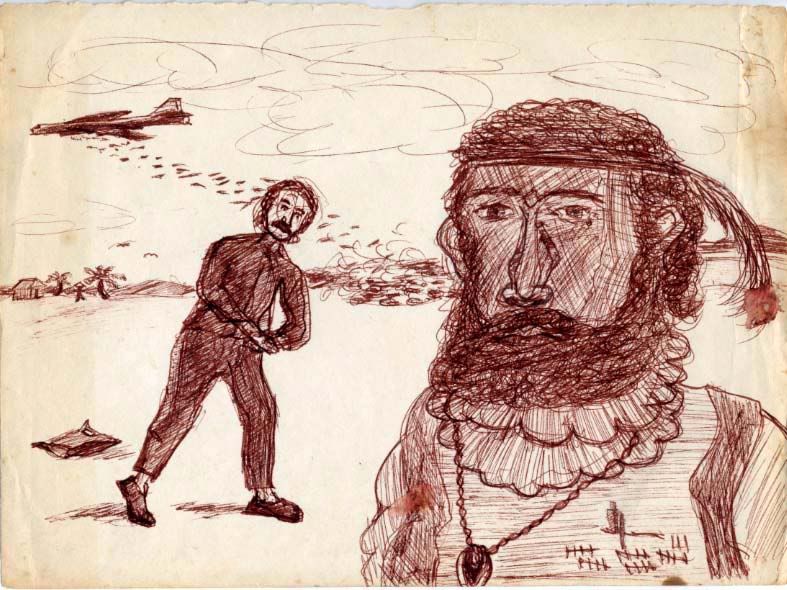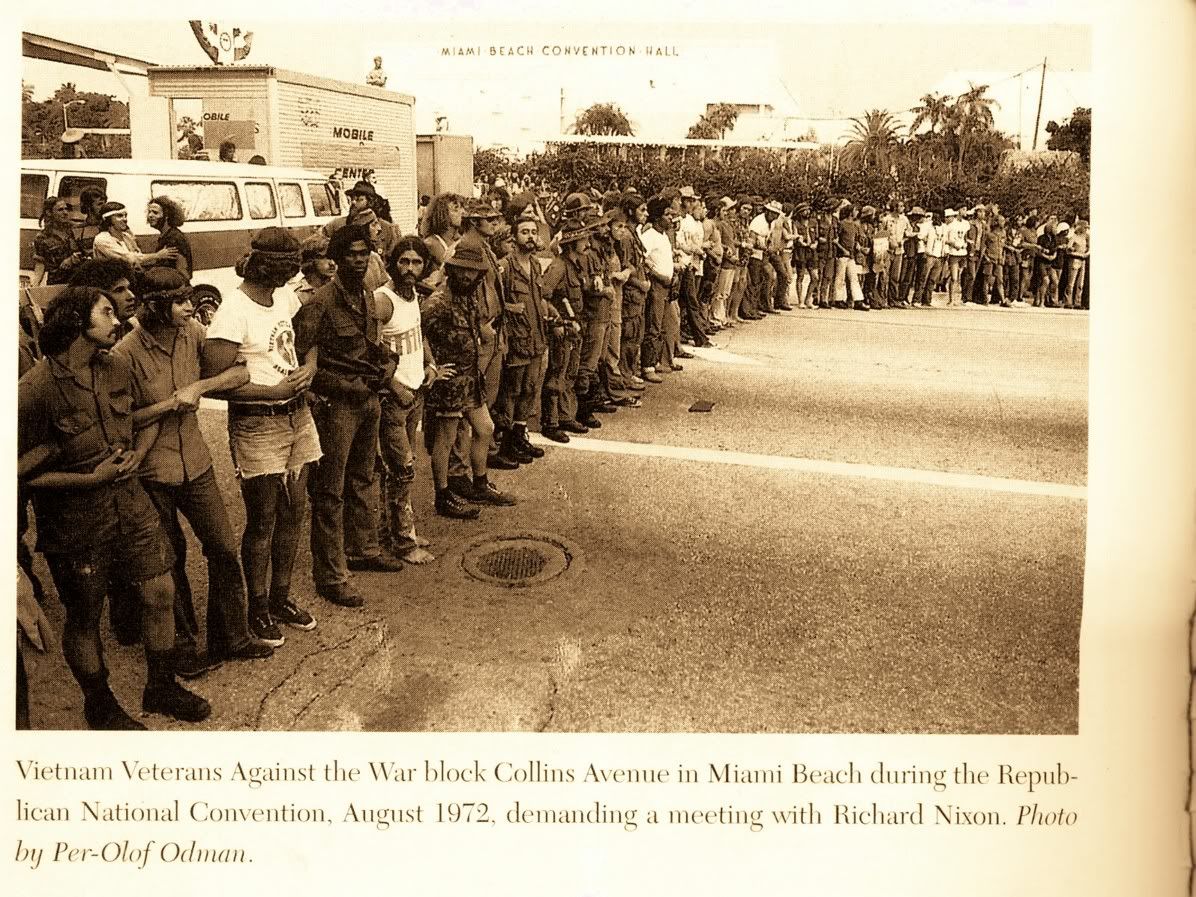Slavoj Zizek's reflection direct url here
http://www.lacan.com/zizfrance.htm
in progress, great article, man
The first step in the analysis is to confront each of these modes with its counter-violence: the counter-pole to "terrorist" attacks is the US military neo-colonial world-policing; the counter-pole to Rightist Populist violence is the Welfare State control and regulation; the counter-pole to the juvenile outbursts is the anonymous violence of the capitalist system. In all three cases, violence and counter-violence are caught in a deadly vicious cycle, each generating the very opposite it tries to combat. Furthermore, what all three modes share, in spite of their fundamental differences, is the logic of a blind passage à l'acte: in all three cases, violence is an implicit admission of impotence.
 passage à l'acte
passage à l'acte
when i was in a gang
the imperial air farce
summer of '70
The Fugitive thus provides a clear version of the violent passage à l'acte serving as a lure, a vehicle of ideological displacement. A step further from this zero-level of violence is found in Paul Schrader's and Martin Scorcese's Taxi Driver, in the final outburst of Travis (Robert de Niro) against the pimps who control the young girl he wants to save (Jodie Foster). Crucial is the implicit suicidal dimension of this passage à l'acte: when Travis prepares for his attack, he practices in front of the mirror the drawing of the gun; in what is the best-known scene of the film, he addresses his own image in the mirror with the aggressive-condescending "You talkin' to me?". In a textbook illustration of Lacan's notion of the "mirror stage," aggressivity is here clearly aimed at oneself, at one's own mirror image. This suicidal dimension reemerges at the end of the slaughter scene when Travis, heavily wounded and leaning at the wall, mimics with the forefinger of his right hand a gun aimed at his blood-stained forehead and mockingly triggers it, as if saying "The true aim of my outburst was myself." The paradox of Travis is that he perceives HIMSELF as part of the degenerate dirt of the city life he wants to eradicate, so that, as Brecht put it apropos of revolutionary violence in his The Measure Taken, he wants to be the last piece of dirt with whose removal the room will be clean.
 passage à l'acte
passage à l'acte
running from the gang
the imperial bombing raids
summer of '71
Today, with the global American ideological offensive, the fundamental insight of movies like John Ford's Searchers and Taxi Driver is more relevant than ever: we witness the resurgence of the figure of the "quiet American," a naïve benevolent agent who sincerely wants to bring to the Vietnamese democracy and Western freedom - it is just that his intentions totally misfire, or, as Graham Greene put it: "I never knew a man who had better motives for all the trouble he caused." Freud was thus right in his prescient analysis of Woodrow Wilson, the US president who exemplifies American humanitarian interventionist attitude: the underlying dimension of aggressivity could not escape him.
 passage à l'acte
passage à l'acte
welcome to the revolution
summer of '72
,,,,, duh, family is a monstrous ideological machine making us blind for the most horrendous crimes we commit. Far from bringing any catharsis, the ending is thus an absolute anti-catharsis, leaving us, spectators, with the bitter taste that nothing was really resolved, that we are witnessing an obscene travesty of the ethical core of family........And, perhaps, this is all we can do today, in our dark era: to render visible the failure of all attempts at redemption, the obscene travesty of every gesture of reconciling us with the violence we are forced to commit. Perhaps, Job is the proper hero today: the one who refuses to find any deeper meaning in the suffering he encounters.
I found a deeper meaning. It's bullshit, America.


